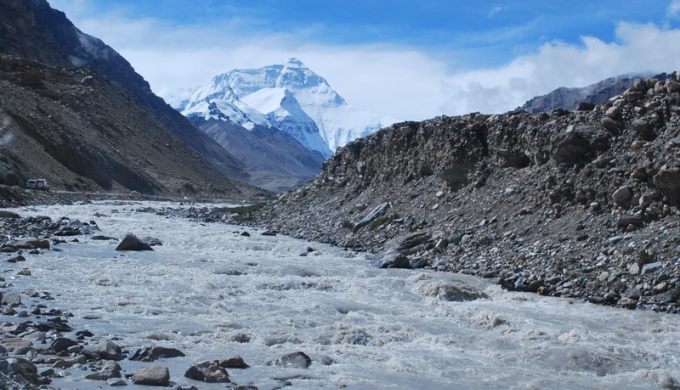India should probe climate change-dengue link
Though global research points to the link between climate change and dengue, there are no such studies in India where cases of the mosquito-borne disease have surged and spread to new regions
Dengue cases are soaring in India, especially its capital Delhi and its suburbs, which alone have reported more than 3,700 cases and 17 fatalities so far this year , compared to around 995 cases in 2014. Hospitals and clinics across…Read more





